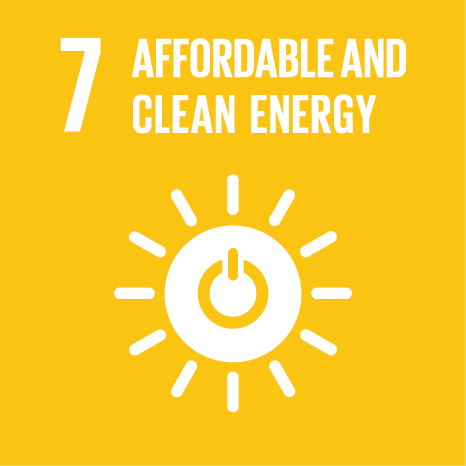Ciência_Iscte
Publications
Publication Detailed Description
Towards a better understanding of people’s responses to renewable energy technologies: insights from Social Representations Theory
Journal Title
Public Understanding of Science
Year (definitive publication)
2015
Language
English
Country
United Kingdom
More Information
Web of Science®
Scopus
Google Scholar
Abstract
In the past few years, social research has been examining what contributes to the attitude–behaviour gap in people’s responses to large-scale renewable energy technologies. The NIMBY explanation for the gap has long dominated that area of research, but has also been criticised. Alternative proposals to NIMBY were advanced, but it is still evident that some of those maintain presuppositions of NIMBY and that this area of research needs more integration, namely at a theoretical level. In this paper we argue that to overcome those aspects it is relevant, first, to situate the promotion of renewable energy production as a social change process in today’s societies, and, second, to therefore consider the socio-psychological aspects involved in people’s responses to social change. We discuss specifically how the Theory of Social Representations may help us with that and contribute to a better understanding of people’s responses to renewable energy technologies.
Acknowledgements
--
Keywords
Acquisition of new technologies,Climate change,Energy policy,Innovation,Interaction experts,Publics,Public participation,Social representation
Fields of Science and Technology Classification
- Media and Communications - Social Sciences
Funding Records
| Funding Reference | Funding Entity |
|---|---|
| UID/PSI/03125/2013 | Fundação para a Ciência e a Tecnologia |
| 207774 | Comissão Europeia |
Contributions to the Sustainable Development Goals of the United Nations
With the objective to increase the research activity directed towards the achievement of the United Nations 2030 Sustainable Development Goals, the possibility of associating scientific publications with the Sustainable Development Goals is now available in Ciência_Iscte. These are the Sustainable Development Goals identified by the author(s) for this publication. For more detailed information on the Sustainable Development Goals, click here.

 Português
Português




